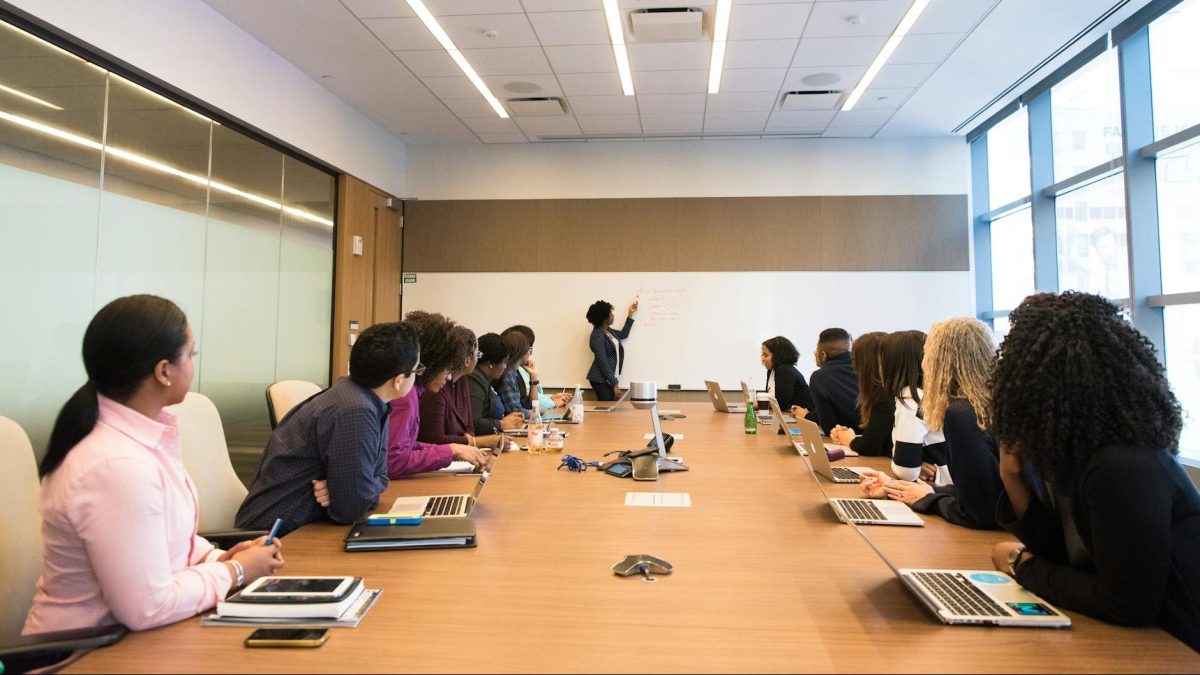The traditional paradigm
In spite of this, we still live with a traditional paradigm, which dictates staying in the same place, performing the same task, until the end of the established working period, as perhaps our ancestors conceived it.
This paradigm was born according to its time. The times were different, and even after the industrial revolution and its social transformations, if we visualise it historically, the time of the transformations had a different margin to the current times. People had a specific training in their task, which could last for several years, in general.
That traditional paradigm, which is fading away, still coexists with the current one, where change is the constant, and continuous training in the work environment must be the focus.
The current paradigm
At present, the work environment should not be thought of without a framework of lifelong learning, as it is essential in the context in which we live.
It is not only a question of acquiring knowledge or improving our skills in order to become more employable, but also of having and getting in touch with our skills and talents, cultivating them in a conscious way.
“Teaching, properly conceived, is not a system of transmission. One is not there just to pass on the information received. Great teachers do that, but what a good teacher also does is to guide, to stimulate, to provoke, to engage”. (Sir Ken Robinson)
Reskilling and upskilling
You have probably heard of reskilling and upskilling, terms that have grown in popularity in recent times.
The term upskilling has to do with the process of learning new skills for fruitful growth, within a given role. Whereas reskilling relates to the process of learning skills to adapt to a new role.
According to the World Economic Forum, more than 50% of people will need to retrain, reskill and acquire new skills by 2025. The readiness to get a job will depend on learnability, which is the level of “learnability” we aim for.
Of course, the state of alertness that comes with being at the forefront of new forms of employability is not always comfortable. But we should consider it as a state of alertness in positive terms, where our knowledge expands and where we are able to allow ourselves a state of humility sufficient to recognise that we do not know a subject, but we have the availability to discover it.
How can we access training that will make us more employable?
Nowadays, many companies have a space and specific programmes that encourage access to continuous learning, with a focus on trends in the area.
Telefónica, in addition to having a permanent training plan for its employees, also offers, through Fundación Telefónica, in the different countries where it is located, for example, proposals such as: free online courses to improve professional profiles, job mapping, Conecta Empleo forum, 42, among many other proposals, committed to providing value to training for employment in each company.









